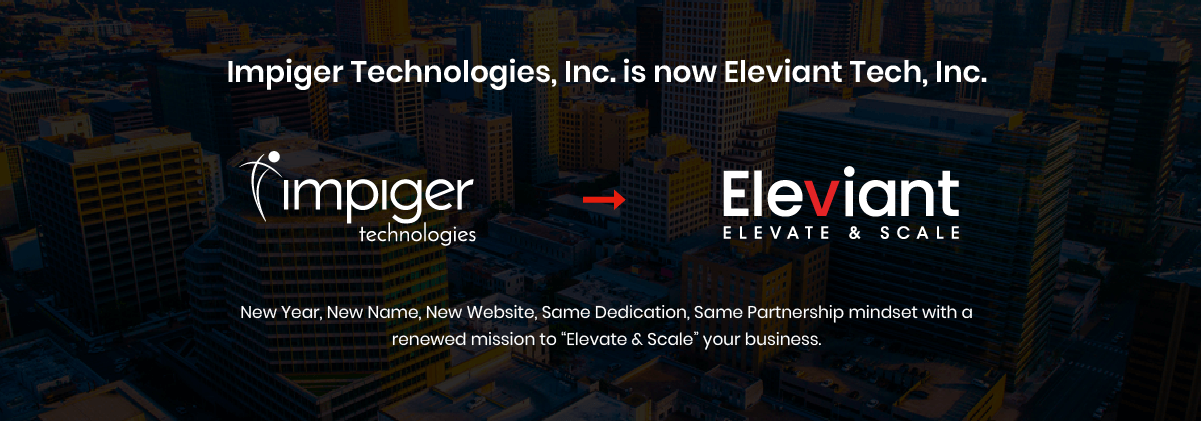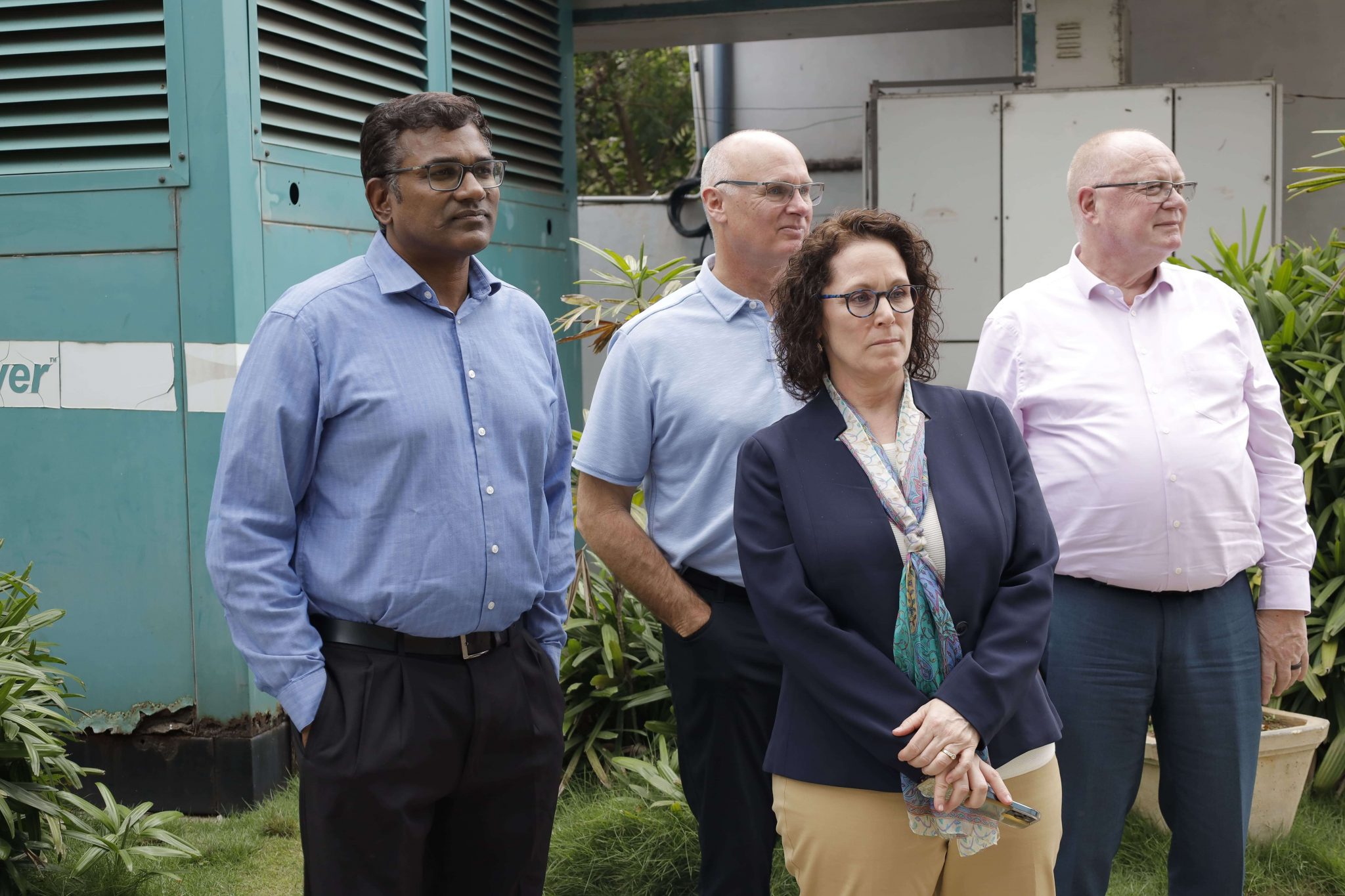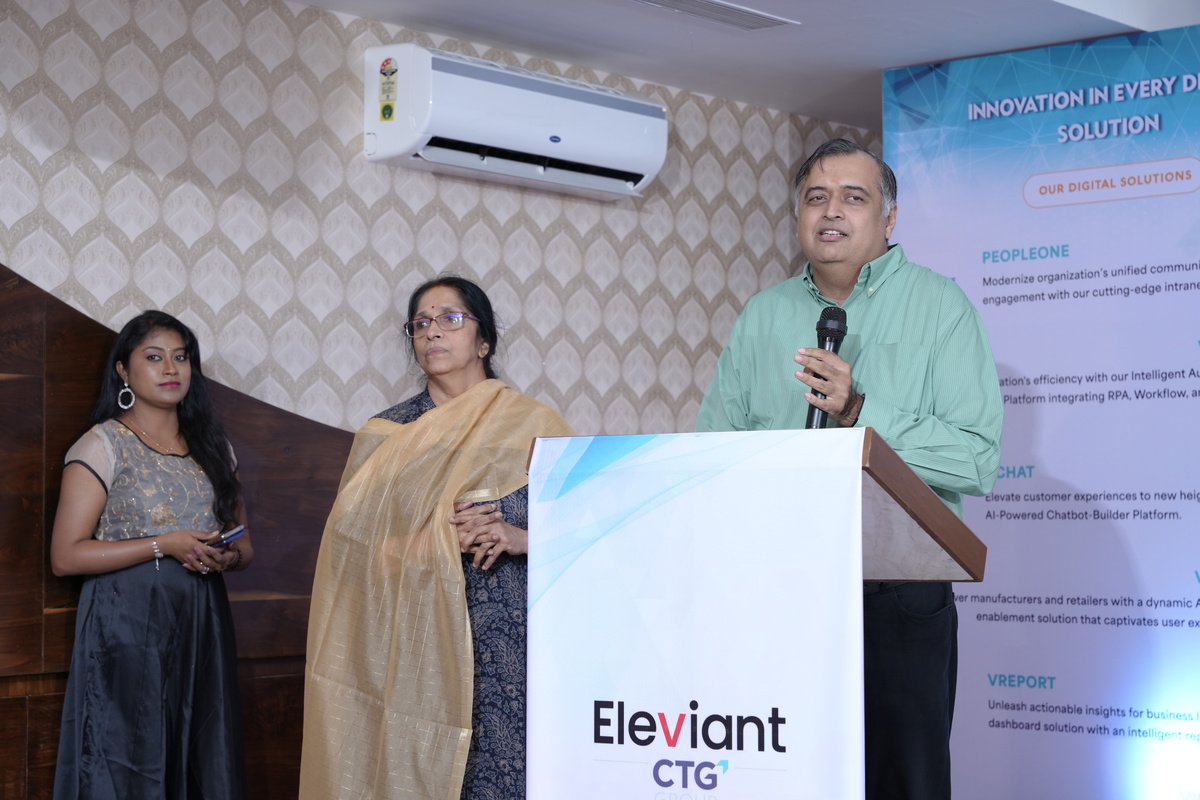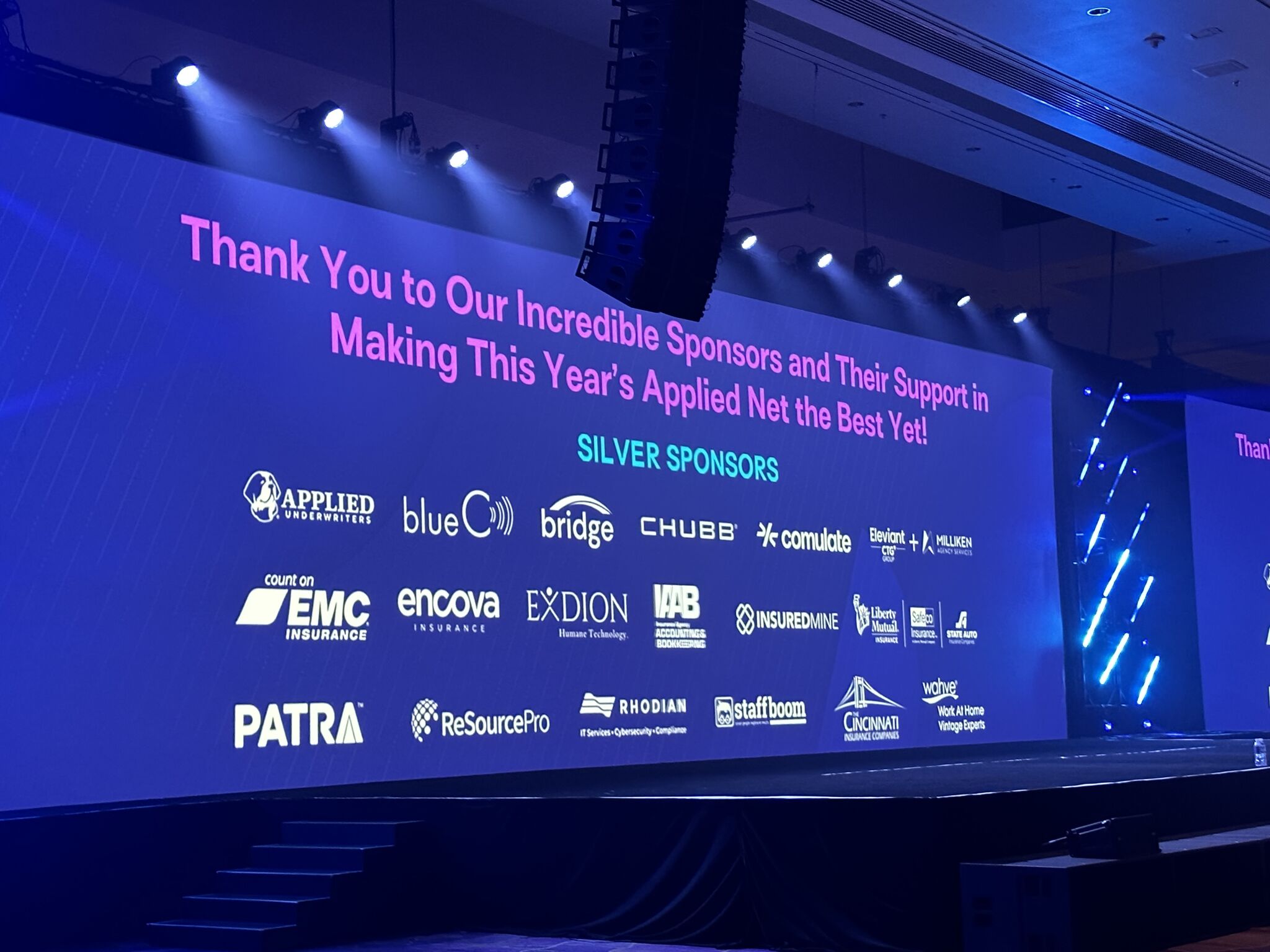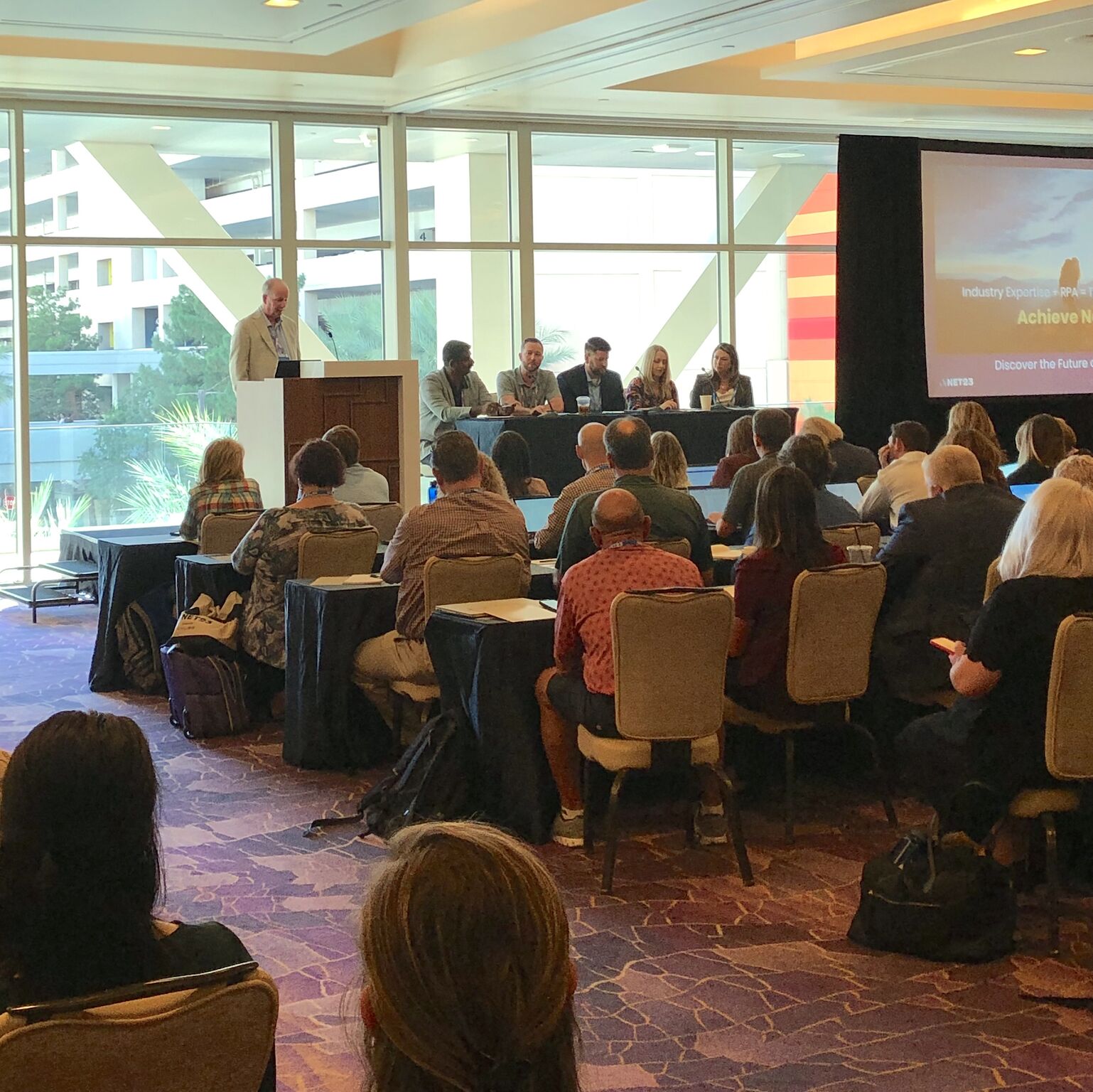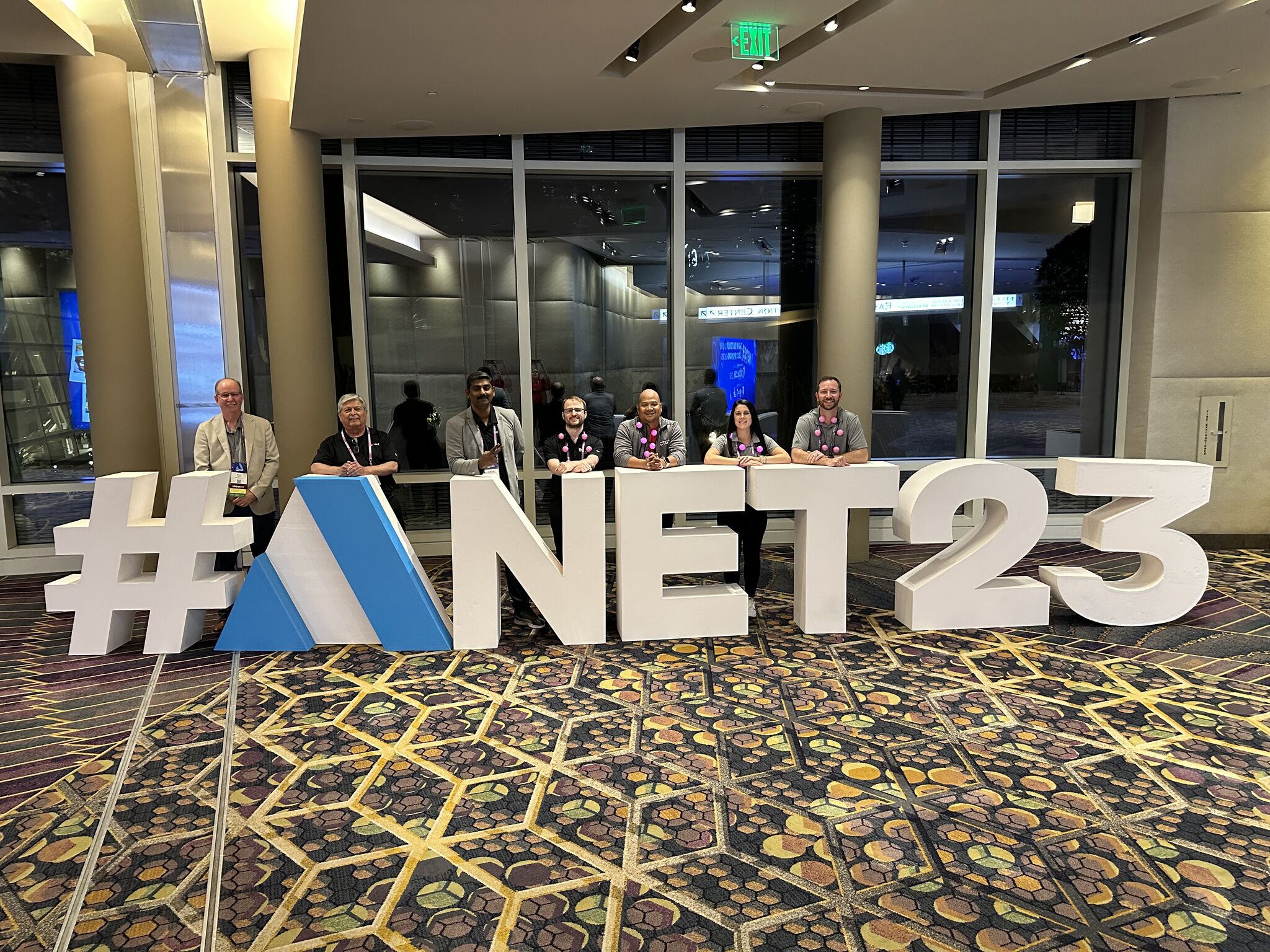Eleviant is to Elevate & Scale. Eleviant Tech symbolizes business transformation and reinforces our mission to help clients elevate and scale their business.
Why RPA Should Be a Focus for Insurance Agencies
February 6, 2024
Mohammed Umar

In an era defined by rapid technological advancement and ever-evolving customer expectations, businesses across the globe are constantly seeking innovative solutions to stay competitive. Just like every other business, the insurance agencies have found themselves at a crossroads, grappling with the need to modernize its operations while keeping pace with digital transformation. Since the last decade, insurance agencies have embraced many technologies like intelligent document processing, chatbots and advanced analytics. But, in the last few years, the spotlight has been firmly fixed on Robotic Process Automation (RPA).
The Current State of Insurance Agency Operations
The insurance agencies have long been recognized as document-heavy processes, riddled with repetitive tasks that often lead to inefficiencies and increased operational costs. The most significant challenge of these labor-intensive tasks are delays, errors, and their associated costs. Additionally, data entry and valuation errors cost the industry millions of dollars annually.
Today, insurance agencies face a dual challenge — the need for operational efficiency and the demand for enhanced customer satisfaction. Despite the industry’s historic resistance to change, the recent inertia to adopt transformative technologies has been palpable.
Why RPA is a Game Changer
Robotic Process Automation (RPA) emerged as a silver bullet that could propel insurance agencies into the future. By using software bots to automate repetitive tasks, RPA has the potential to revolutionize various facets of insurance operations, ranging from direct bill reconciliation, policy renewals, cancellations, and much more.
Robotic Process Automation (RPA) is considered a game changer for insurance agencies and brokerages for several reasons:
Check out this case study on how an insurance agency cut its policy processing TAT from 60 minutes to 25 minutes with Eleviant RPA bots.
Efficiency and Accuracy:
RPA can automate repetitive and rule-based tasks, such as data entry and policy administration. This leads to far less manual errors and processing time, allowing agencies to immediately realize cost savings. A US based insurance agency automated their policy processing with Eleviant RPA bots and has cut down the manual effort by 40% and reduced the TAT by 53%.
Improved Employee Morale:
RPA can ease the burden of heavy workloads by handling time-consuming and repetitive tasks. This helps prevent burnout and allows employees to concentrate on tasks that require creativity, critical thinking, and problem-solving, leading to a more balanced and fulfilling work experience.
“As an insurance agency, we have to do a lot of repetitive tasks all day long. So, I started thinking of RPA technology to take that repetitive type, those repetitive monotonous, not fun things that our employees don’t love to do, off their plates so that they can start doing things that they enjoy doing every day” – Mike Fusco, from Fusco Orsini & Associates Risk and Insurance Services
Check out this podcast in which Mike speaks about how Eleviant RPA bots improved operational efficiency and employee morale.
Cost Reduction:
By automating routine tasks, insurance agencies can significantly reduce operational costs associated with manual labor. This allows organizations to allocate resources more efficiently and focus on tasks that require human expertise.
Enhanced Customer Experience:
RPA can streamline customer interactions by automating processes like policy renewals and notice of cancellations resulting in quicker response times and improved customer satisfaction. Automated processes can also help in providing faster and more accurate quotes, making it easier for customers to make informed decisions.
Compliance and Risk Management:
RPA systems can be programmed to follow regulatory guidelines and standards consistently, reducing the risk of non-compliance. Automated systems can also maintain detailed logs, providing transparency and accountability, which is crucial in a highly regulated industry.
Data Processing and Analysis:
RPA handles large volumes of data quickly and accurately. This is particularly valuable for the insurance agencies, where vast amounts of data need to be processed for notice of cancellations, and commission statement reconciliation. RPA along with the OCR technology completely automates the data capturing process, providing great value for insurance agencies. Complete automation means more time saved and less manual errors.
Adaptability to Legacy Systems:
Many insurance agencies still rely on legacy systems that may not be easily integrated with modern technologies. RPA can bridge the gap by interacting with existing systems without the need for a complete overhaul. Hence, insurers can modernize their processes gradually, avoiding disruptions to their existing operations.
Scalability:
RPA allows for the scaling up or down of automation processes by increasing and decreasing the number of bots based on business needs. Scalability is beneficial for insurance agencies facing fluctuations in workload or those looking to expand their operations.
Security:
RPA security is robust but requires careful implementation. Strict adherence to security standards can create a secure environment for the bots to work and mitigate risks associated with unauthorized access and data breaches. With the right partner, insurance agencies can automate with air-tight security and enjoy the benefits of RPA.
Learn more about RPA security in this exclusive blog.
Time Savings:
RPA can complete tasks much faster than humans, leading to considerable time savings allowing insurance professionals to focus on more strategic and complex aspects of their roles.
Check out this case study on how an insurance agency cut its policy processing TAT from 60 minutes to 25 minutes with Eleviant RPA bots.
Faster ROI:
Insurance agencies can strike gold by deploying bots to automate their routine tasks, reducing errors, and enhancing operational efficiency. The resultant time and cost savings contribute to a rapid ROI, often within months. Up to 200% ROI in the first year of deployment.
RPA – The Present and The Future
As we hurtle towards a digital-first economy, the urgency for insurance agencies and brokerages to embrace RPA cannot be overstated. Failure to integrate RPA into their operations could make them look weaker in the market, unable to keep pace with the agile and tech-savvy competitors that are already reaping the benefits of automation. Furthermore, customer expectations are evolving rapidly, with the demand for swift and personalized services reaching an all-time high. Insurance agencies that fail to meet these expectations risk losing their market share to more customer-centric and tech-driven competitors.
The Way Forward
US Bureau of Labor Statistics reports the Insurance industry could lose around 400,000 workers through attrition by 2026. Given the average age of the insurance agency professionals is 44, and the current Gen Z labor force is just 6%, the insurance agencies must look at RPA as an inevitable shift.
The adoption of RPA represents not only a technological upgrade, but a paradigm shift that can redefine the essence of insurance agency operations. By embracing RPA as the cornerstone of their digital transformation strategy, insurance agencies can position themselves as leaders in the industry, equipped to meet the evolving needs of their customers and navigate the dynamic landscape of the future with confidence and agility. The time to act is now.
Related Posts
RPA Automation
The Ultimate Automation Checklist for Insuran...
RPA Automation
Planning to Scale: How to Move Forward After ...
RPA Automation







